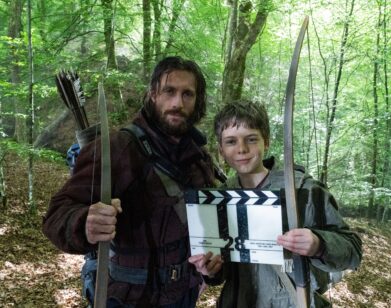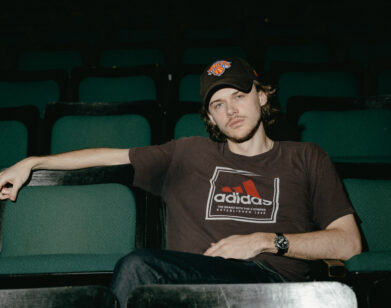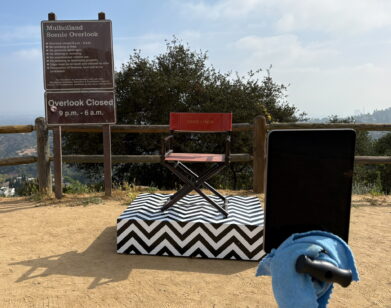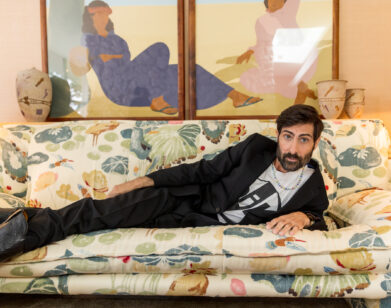Handsome Harry is the Strong, Silent Type
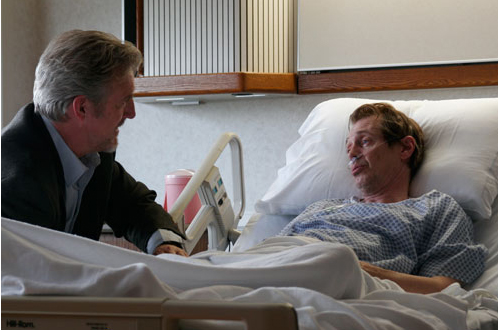
Won over, and still influenced by, the male actors she grew up watching—Lee Marvin, Steve McQueen, Ben Gazzara—director Bette Gordon’s (Variety, Luminous Motion) latest film, Handsome Harry, obscures the expectation of action. Instead, it portrays the male psyche by gathering steam not through what a character does, but by how he behaves.
Vietnam veteran Harry Sweeney (Jamey Sheridan), whose withdrawn, solemn gait bears the mark of one thirty-year-old, malevolent night, receives a call from his old Navy buddy, Tom Kelley (Steve Buscemi). On his deathbed, Tom recalls the aforementioned evening, and persuades Harry to help him seek forgiveness from the friend they betrayed. Hoping to piece together a decades-old mystery, a blurred and burdened series of flashbacks is awakened as Harry visits each friend. As he seeks acquittal, Harry discovers the ultimate fallout of guilt and silence: self-deceit. His Navy buddies live righteously, are aloof, hide behind the cloak of academia, or have turned to Jesus. The film’s road movie structure favors passing tension over resolution, and it’s Harry’s lifelong secret that becomes the story’s central conflict. Sheridan’s contained performance captures the spirit of an earlier generation of male film actors who, as Gordan says, “Didn’t say much, but [who] exuded a physicality and deep internal life.” Joined by a cast that includes Titus Welliver, John Savage, and Aidan Quinn, and set against the memory of a war that has cast a long shadow of self-reproach, Bette Gordon’s slight yet intuitive character film observes the many limitations of regret and shame.
Handsome Harry, which premiered at the 2009 Tribeca Film Festival, will be released tomorrow at New York’s IFC Center. As part of IFC’s current retrospective of her work, Gordon will attend an open-to-the-public screening of her 1984 Variety at 7 PM tonight, along with stars Sandy McLeod, Will Patton, and Luis Guzman.

